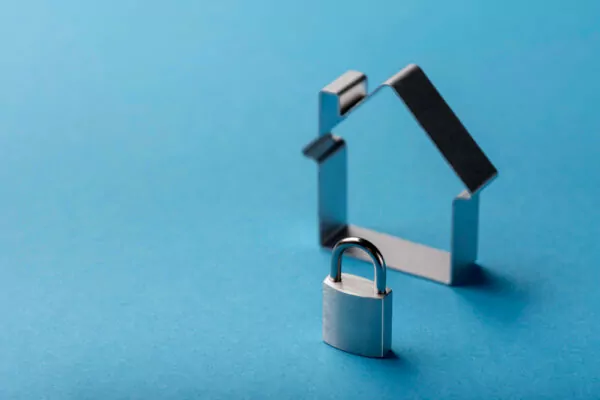O Electronic Judicial Domicile (DJE) is an innovative tool from the National Council of Justice (CNJ), which promises to bring more agility and efficiency to procedural communications between the judiciary and companies. Recently, the compulsory registration of 1.2 million medium-sized and large companies was completed, but this change brings with it many doubts for entrepreneurs.
If you still don't know how the DJE works or what you need to do to avoid problems, this article is for you.
What is the Electronic Judicial Domicile?
DJE is a free digital platform developed by the CNJ to centralize the sending and receiving of procedural communications, such as summonses, subpoenas and notifications, in a completely electronic way. The tool is part of the Justice 4.0 program, which seeks to modernize Brazilian justice with digital solutions.
As of 2022, registration on the platform became mandatory for all public and private companies, in compliance with Resolution CNJ n° 455. This means that if your company falls into this category, it should already be able to receive communications via DJE.
Has my company been included in the compulsory register?
If your company is medium or large, the CNJ probably has already automatically included it in the system, based on the data provided by the Federal Revenue Service. However, companies located in Rio Grande do Sul were excluded from this first cycle, with inclusion planned for a later stage
To check whether your company's CNPJ has been included in the compulsory register, you must access the Monitoring Panel of the Electronic Judicial Domicile System on the official website (domicilio-eletronico.pdpj.jus.br). The login is done using the digital certificate (e-CNPJ), and it is essential that you update your company's data on the platform.
PStep-by-step instructions for accessing and verifying compulsory registration in the Electronic Judicial Domicile:
- Visit the official website
Go to the Electronic Judicial Domicile website: domicilio-eletronico.pdpj.jus.br. - Log in to the system
In the top right-hand corner, click on the option to log in. Access is via gov.brand you will need to use digital certificate (e-CNPJ) of your company. - Confirm your details
After logging in, check that your company's data is up to date on the platform. It is essential to keep the information correct in order to receive procedural notices properly. - Check procedural communications
After updating your data, access the area where the procedural communications for your company's CNPJ are listed. This panel will allow you to keep track of court summonses, subpoenas and notices. - Activate e-mail alerts
If your company does not yet have an e-mail address registered with the IRS, you can set up alerts directly in the DJE system, ensuring that you receive notifications by e-mail. - Continuous monitoring
Monitor the dashboard regularly to make sure you don't miss any important procedural communications and avoid penalties.
What happens if I don't access the DJE?
What are the next steps for companies that have not been included?
If your company is a small business, micro-enterprise, individual micro-entrepreneur (MEI) or is located in Rio Grande do Sul, compulsory registration will take place from October, after the deadline for spontaneous adhesion has passed. So there is still time for these companies to register voluntarily and avoid possible future complications
How do I ensure that my company complies with the DJE?
- Visit the DJE website: Enter the portal (domicilio-eletronico.pdpj.jus.br) with your e-CNPJ and log in.
- Update company data: Check and update your information to ensure that you are receiving all communications.
- Check your notifications regularly: Make frequent check-ins to the system to keep track of new processes or notifications.
- Activate e-mail notifications: Although not all companies have an e-mail address registered with the IRS, you can add an e-mail address to the platform to receive alerts about new communications.
Final considerations
The Electronic Judicial Domicile is an essential tool for the future of judicial communications in Brazil, and complying with the CNJ's requirements is vital to avoid fines and other problems. If you haven't yet accessed the system or have any doubts about the process, now is the time to get up to speed and make sure your company is protected.
Read also: Unraveling the Electronic Judicial Domicile
Count on CLM Controller
A CLM Controller is prepared to help your company adapt to the Electronic Judicial Domicile and keep your business in compliance with the new legal requirements. You can count on our expertise in accounting, tax and legal advice to ensure that your company avoids complications and continues to operate safely and efficiently.












